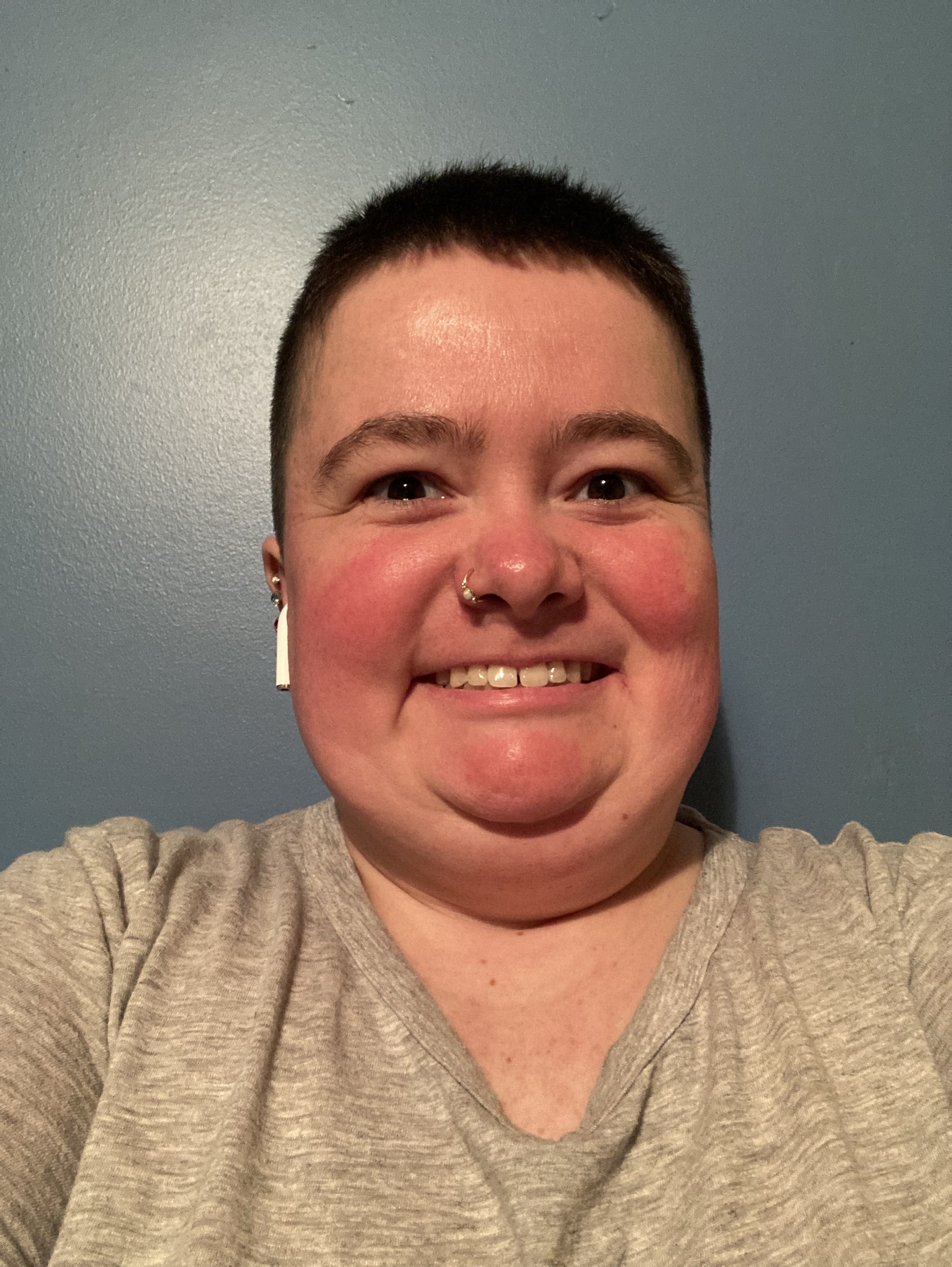It’s mid-March 2016 and I find myself sitting at my desk at work with my right leg shaking in place like a maniac. It’s Friday and my entire body knows it.
The weekend is so close to me, I can almost taste it at this point. I can’t wait for the workday to be over so I can properly enjoy a few days away from the place.
It’s been a really long week for me and my co-workers can see it in the way I act around them. You see, there’s a difference between this particular Friday and the other Fridays I’ve spent there over the past 8 months.
My First “Real” Corporate Job – A Huge Difference
The difference is that this is my last day of employment with this company. My father had died 3 months earlier in December 2015 after a sudden heart attack. This sudden death shook us all and left his company without their CEO.
I spent the last 10 years working for him and the job I’m leaving was the first real job away from home. Getting this job at all was exciting for me and I wasn’t sure who was more excited about it – me or my parents.
The job was as a receptionist for an electrical representative company. I was doing what I thought I did best at the time and taking the path of least resistance for me.
You hear all the time about people following the path they were told they were supposed to travel down.
I graduated high school with a 3.75 GPA and have an Associate’s Degree in Criminal Justice, which I’ve never used in the corporate world. I got a job that paid well for someone who was starting out at the entry level for this particular company.
I thought I had it all and was about to move out of the house. There is one problem with that plan of action for this millennial: I have an anxiety disorder.
Having a Corporate Job with an Anxiety Disorder
I got diagnosed with generalized anxiety disorder before my father’s death, which was something he had spent decades living with as well. My brother has mental health issues surrounding depression as well and it hit me head-on while working for this company.
I would spend every day in perpetual fear of what I would be doing that day. There were more than a few tasks in my usual duties that I would spend hours or even days dreading.
Because of that, I felt that I could no longer remain at the company. The pressure I felt as a young woman trying to make enough money to pay my bills was too much for me to handle at that point.
The last straw, you ask? Being ridiculed by a co-worker in front of a few of the company’s clients.
My last straw, as they say
He thought it appropriate to make light of the fact that a fellow receptionist made a mistake on an order she entered and felt there was nothing wrong with voicing his displeasure.
I voiced my complaints to higher-ups in the company and nothing was done about it. That’s when I knew I had to leave the place before it was too late.
My supervisor, the office manager of the company, would never understand my decision to leave the position so soon after taking the job. Nor did she understand the mental torture someone goes through with an anxiety disorder.
The one thing that stuck with me after leaving the company was that she told me to “calm down”. To someone with an anxiety disorder, this is the absolute worst thing you could say to them.
I knew, however, that I wouldn’t say anything about the issue to her. There is a simple reason for this: I don’t wish her ill will. I refused to get angry about something that stopped mattering to me. I was done with the job and with the stress surrounding it.
My co-workers understood my issues with the position and told me about the high turn-around rate for the job.
The Best Kind of Realization
That’s when I realized something paramount to my current place in my life: I would never find a job with less stress. I would never be able to endure another corporate job even if I had medical help, which I did have at that point.
This is when the transition started to happen for me. I told the supervisor that I found a new job as I gave her my official resignation letter.
In all honesty, I had decided to go back to working for my parents. This is something that I knew, though the job bored me on some level. I decided to keep a steady part-time job while I transitioned to freelance writing
I wanted to do something I loved without being forced to stare out of a window while dreaming about a life outside the corporate doors.
That’s when I knew things had to be different for me. That’s when the transition began its work on me.
The thing is, I’m glad I chose to take that leap of faith 2 years ago. I’m glad I decided to help myself first instead of continuing to help others with a figurative empty glass.
Here’s to a new life well worth enjoying as a freelance writer!

